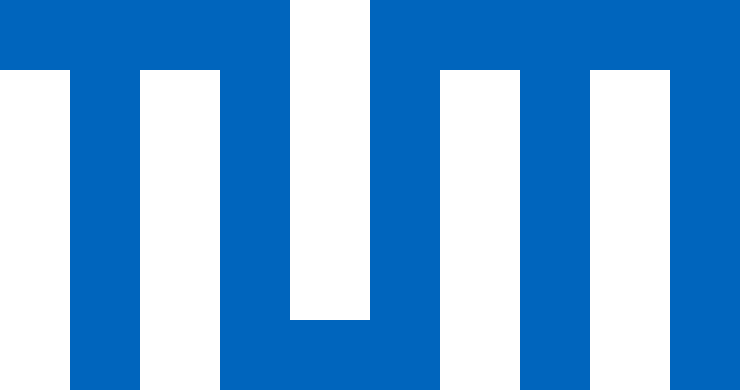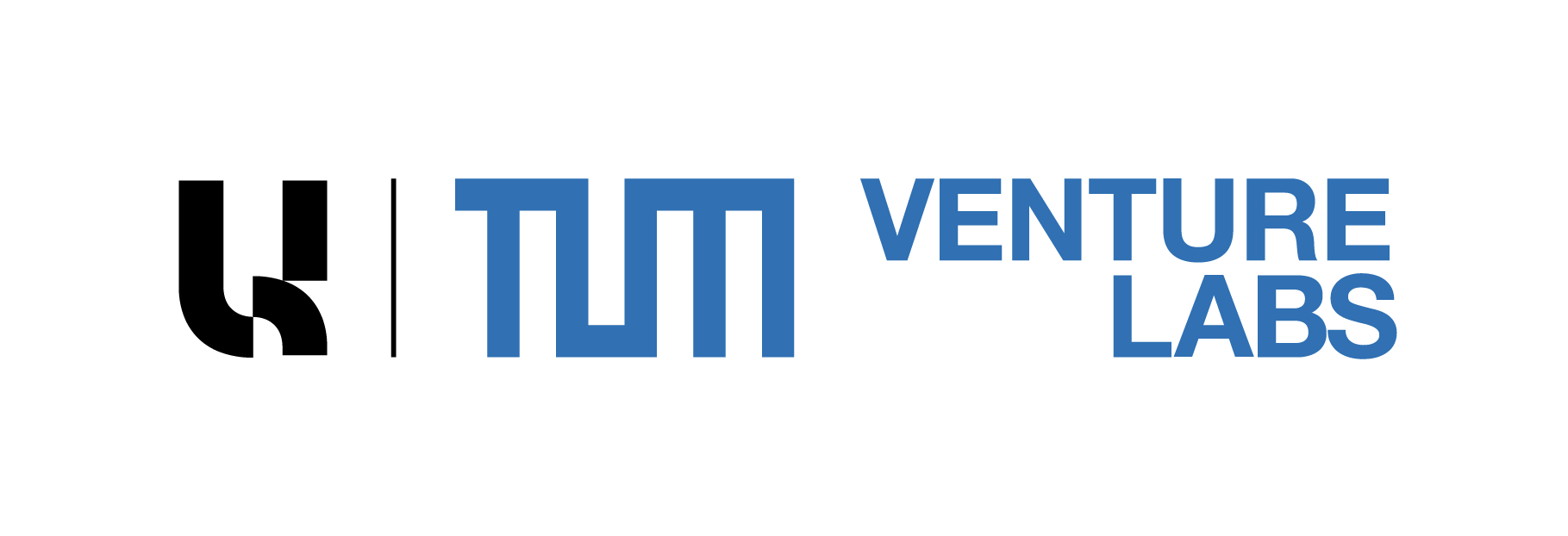Georg Nemetschek Institute Symposium & Expo
on Artificial Intelligence for the Built World
From basic research to industrial application and back.
10th – 12th September 2024
in Munich
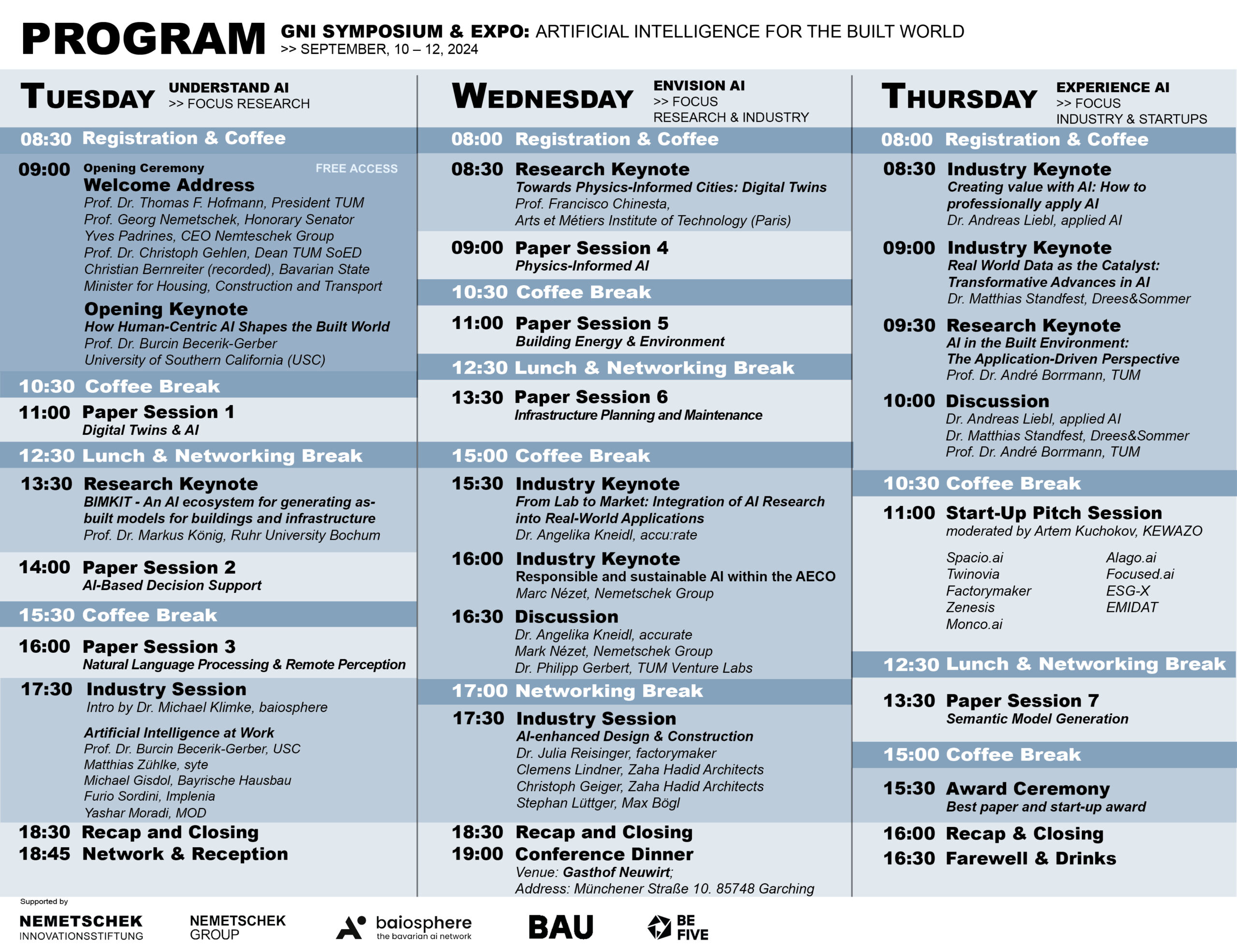
**THE PROGRAM IS SUBJECT TO CHANGE**
(All times are in the CEST Timezone)
A unique conference is planned in one of the best IT hubs in Europe, Munich.
This conference is where academic researchers will meet on an equal platform with representatives from small and large companies, including start-ups, to discuss opportunities and risks in a field that is growing exponentially, AI for the built world.
What algorithms and representations work at full scale? What do the stakeholders in the built world want? What do they not yet know they will want? How does a software tool provide support when there is much uncertainty? Should software provide choices rather than answers? What is destined to fail? There is a lot to discuss, many more questions and many more potential solutions.
Academics: 200 €
3-Day-Access incl. Research + Industry Reception
Early Registration only!
Regular 3-Day Ticket: 800 €
3-Day-Access incl. Research + Industry Reception
Focus Day Ticket: 650 €
1,5-Day-Access incl. Research or Industry Reception
Key Dates for Academics
Notification to Authors: 16th July 2024
Revised Abstract Deadline: 13th August 2024 20th August 2024
Registration Invitation: 16th July 2024
Early Registration Deadline: 1st August 5th August 2024
Become an active contributor to the conference >>
To ensure your submission meets our requirements, please adhere to the guidelines.
Present your work at the Symposium.
Application Deadline ended!
We call for deep-dives in industrial applications and experiences with AI. Share your insights, learnings and capabilities with international leading scientists and talents
We are looking for companies from the AECOM industry that have successfully implemented AI applications in their value streams.
Apply for one of the expo booths.
Extended Deadline 31.07.2024
You are an emerging startup with AI-driven innovations for the AECOM industry? Validate your work status with industry represenatives, leading scientists, and engage with talents.
We are looking for startups that are pioneering solutions within the AECOM industry – those that have progressed to a functional prototype, MVP, or further.
Apply for one of the startup expo booths.
Conference Co-Chairs
Keynote Speaker
Academic
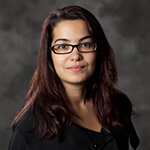
How Human-Centric AI Shapes the Built World:
Balancing Progress with Purpose
Professor and Chair of Sonny Astani Department of Civil and Environmental Engineering
at the University of Southern California
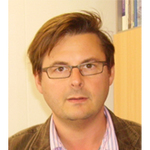
Towards Physics-Informed Cities Digital Twins
Professor of computational physics
at Arts et Metiers Institute of Technology (Paris)
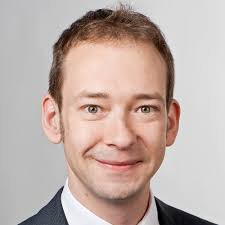
AI for the Built Environment:
The Application-Driven Perspective
Full Professor and Chair of Computational Modeling and Simulation
at Technical University of Munich
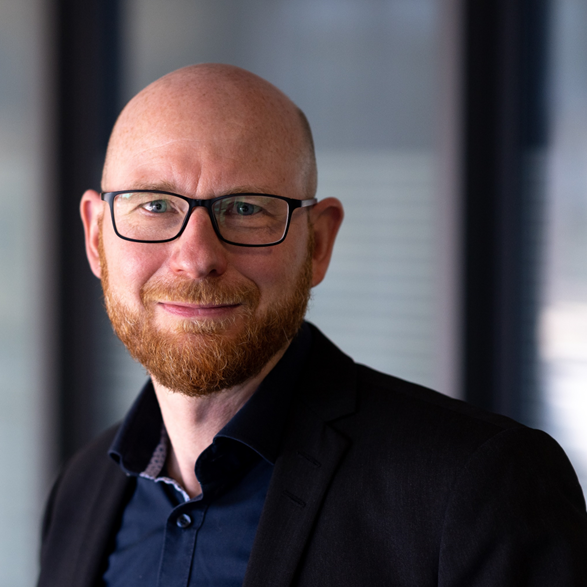
BIMKIT – An AI Ecosystem for Generating as-built Models for Buildings and Infrastructure
Professor of Computing in Civil Engineering
at the Ruhr University Bochum
Dr.-Ing. Markus König has been Professor of Computing in Civil Engineering at the Ruhr University Bochum since 2009. He received his PhD in 2003 from the Leibniz University of Hannover with a focus on construction informatics. Between 2004 and 2009 he was assistant professor for theoretical methods of project management at the Bauhaus University Weimar. For more than 10 years, Prof. König has been working on methods using artificial intelligence in construction and has led several research projects in this field. He was awarded the Lower Saxony-Bremen Construction Industry Prize in 2017 and the Konrad Zuse Medal in 2020 for his „achievements in developing and introducing digital construction methods in Germany“.
Keynote Speaker
Industry
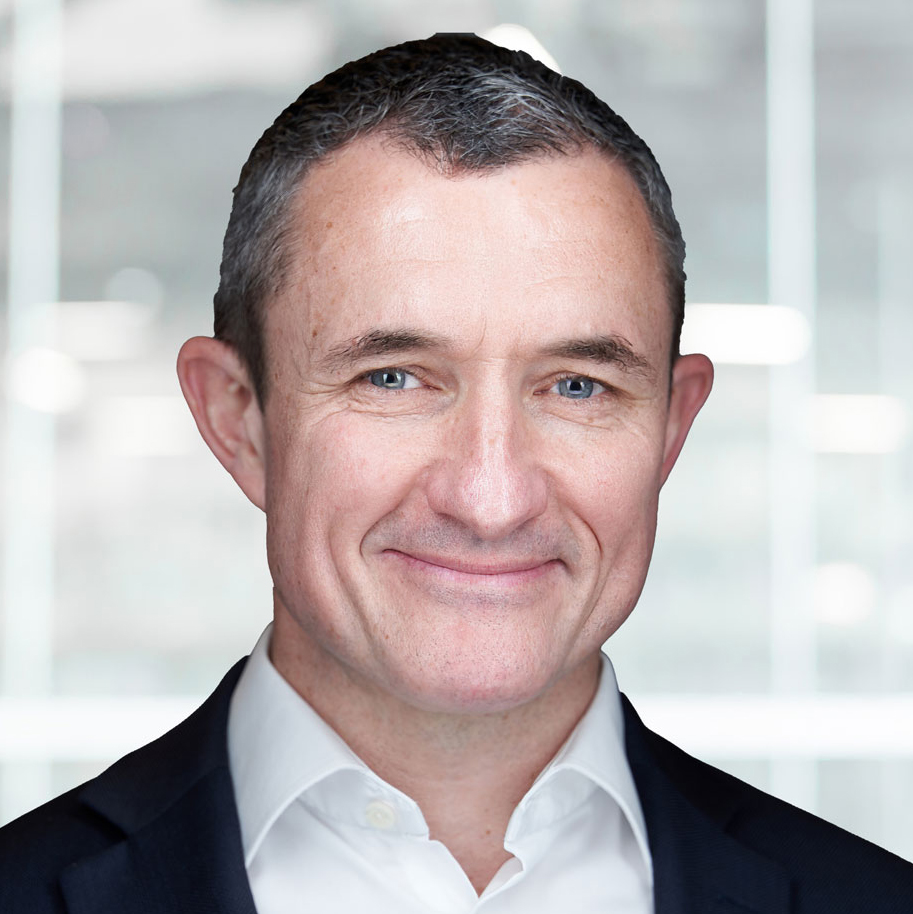
Division Officer (CDO) of the Operate & Manage Division and Chief Strategy Officer
Nemetschek Group
Nezet joined Nemetschek after 23 years with Schneider Electric Group, where he has held various senior general management and strategy positions including Senior Vice President Energy Management Software Transformation. During this time, he managed major strategic acquisitions which positioned the technology Group Schneider Electric among the leading software players in buildings and infrastructure. Most recently he held the position SVP, Industrial Cloud Platform Ecosystem of AVEVA Group.
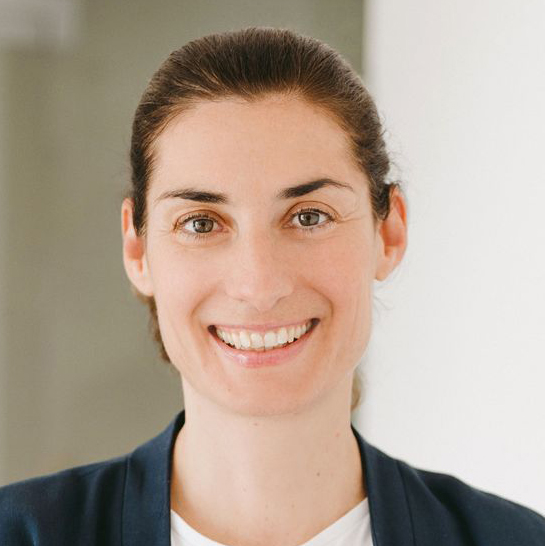
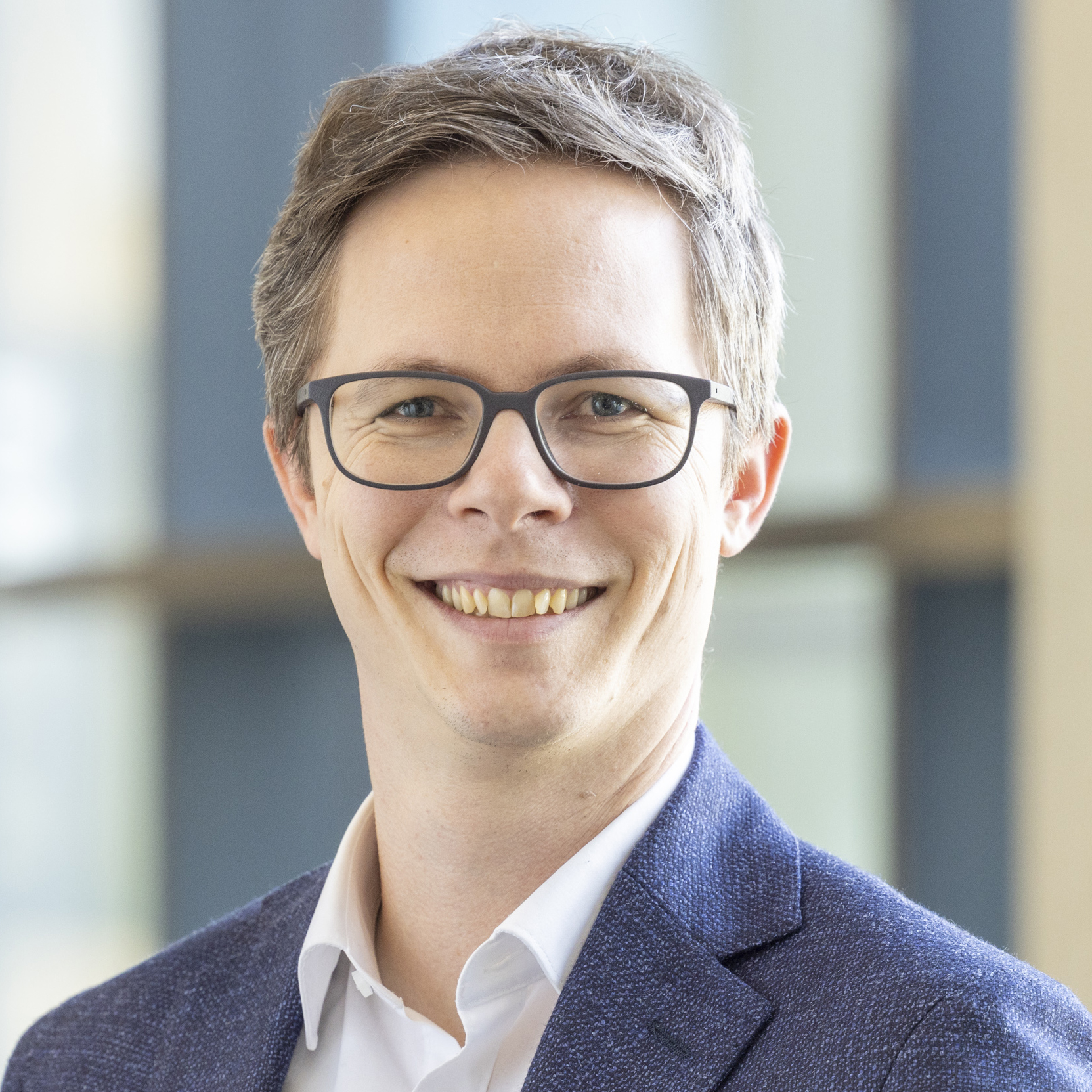
Creating value with AI: How to professionally apply AI
Managing Director appliedAI Institute Europe
Dr. Andreas Liebl is Managing Director of the appliedAI Initiative and the appliedAI Institute for Europe with the goal to „Shape Europe’s innovative power in AI“ by working on advancing organizations to highest levels of AI maturity and by creating state of the art AI applications. He is member in the Global Partnership on AI and leads the group for „innovation and regulation“ next to other advisory roles. He previously was one of the Managing Directors of UnternehmerTUM, worked for McKinsey and did his PhD at the Technical University of Munich.
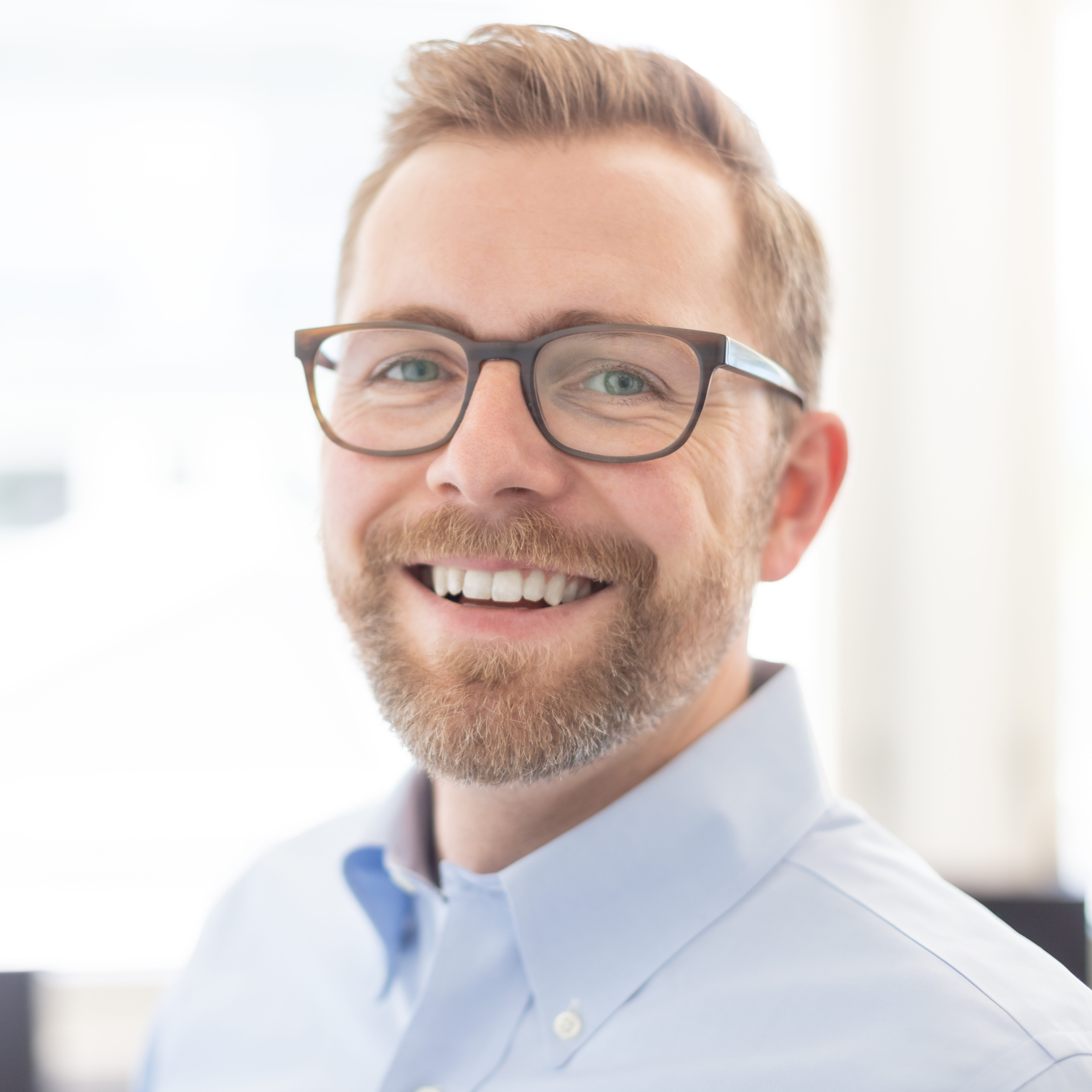
Real-World Data as the Catalyst:
Enabling Transformative Advances in Generative AI
through Strategic Industry Partnerships.
CEO & Co-Founder AI Startup by
Drees & Sommer AG
Dr. Matthias Standfest has made substantial contributions to the integration of AI in architecture and urban planning, with a strong focus on the application of data-driven strategies in the real estate sector. His key roles include CEO & Co-Founder at a Drees & Sommer AG AI Corporate Startup, Founder of Archilyse AG, and researcher positions at ETH Zürich and the Future Cities Laboratory. Notably, his development of the „Swiss Dwellings“ dataset represents a significant advancement in digital twin technologies, offering a unique resource for the analysis of apartment features globally and the current gold standard for open available datasets in this domain. His work extends to the creation of AI-enhanced predictive models for apartment rental valuations and the execution of over 15 interdisciplinary research projects. These efforts have underscored the potential of AI to revolutionize architectural design and urban development through enhanced data analysis and predictive modeling, contributing valuable insights to both academic research and industry practices.
Call for Abstracts – Submit Now!
Early Registration Fee Academics: €200
thanks to generous sponsorship by the Nemetschek Innovation Foundation.
Call for Expo Partner – Apply Now!
Industry & Startup Exhibition Fee*
* Number of booths are limited. With additional service charge
Your company has the unique opportunity to present the current state of development and gain valuable insights from first-mover industry corporates, international scientists, and emerging startups.
Notification to Authors: 16th July 2024
Revised Abstract Deadline: 20th August 2024
Registration Invitation: 16th July 2024
Early Registration Deadline: 5th August 2024
1. Length: Your abstract should be concise yet comprehensive, spanning 1-3 pages in total.
2. Author Information: For each author involved, clearly state their affiliation.
3. Contact Email: Include the email address of the contact author for correspondence and queries.
4. Keywords: Enhance the visibility and relevance of your abstract by selecting appropriate keywords from the topic list provided below.
To submit an abstract, please use the following link.
We are looking for companies from the AECOM industry that have successfully implemented AI applications in their value streams.
Apply by the extended deadline 31.07.2024 for exhibition space at one of the largest engineering departments in Europe and submit a PDF-file containing:
- a description of the use of your AI in value-creating processes (300 words)
- a demo concept that makes the AI used tangible, and comprehensible and integrates the visitors (300 words)
- a draft design proposal for the layout of the exhibition space (1 A4 page)
- Machine Learning
- Data-Centric Engineering
- Explainable Informatics
- Knowledge Representation
- Reasoning with Knowledge
- Scientific Machine Learning
2. Digital Twins and AI
- Advanced Digital Twins
- Probabilistic Digital Twins
- Advanced System Identification
- Automatic Control
- Decision Support Systems
3. Digital Technologies and AI
- Digital Archiving
- Semantic Web
- Consistency Management
- Distributed Systems
4. Intelligent Interfaces
- User Models
- Adaptive Interfaces
- AECOM Context
- Engineer-Computer Interaction
- Testing and Validation
5. Sensed Infrastructure and Urban Planning, and AI
- Infrastructure Design and Maintenance
- Transportation Infrastructure
- Pedestrian Dynamics
- Damage Detection
6. Sustainable Design and Intelligent Materials
- Design and Testing of Smart Materials
- Adaptive Structures
- Sustainability & Circularity
- Net Zero and Sustainable Real Estate
- Early Design Support
- Responsive Cities
- Environment, Social and Governance (ESG)
7. Robotics
- On-site operations
- Off-site operations
- Additive Manufacturing
- Learning Robots
Individual 4-6 sqm booth is available.
Sustainable exhibition concepts or workbench characters are welcome. The magistrale allows visitors, students, and talents to pass through. 1 person is required to present during the conference, and security and safety to be considered.
Venue
The symposium is hosted at one of the most important centers for science, teaching and entrepreneurship in Germany.
The High-Tech Campus Garching is the largest campus of the Technical University of Munich (TUM).
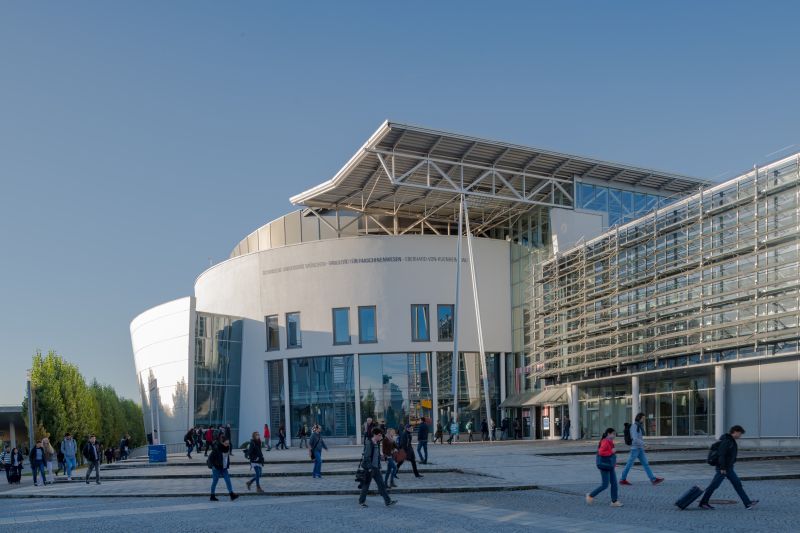
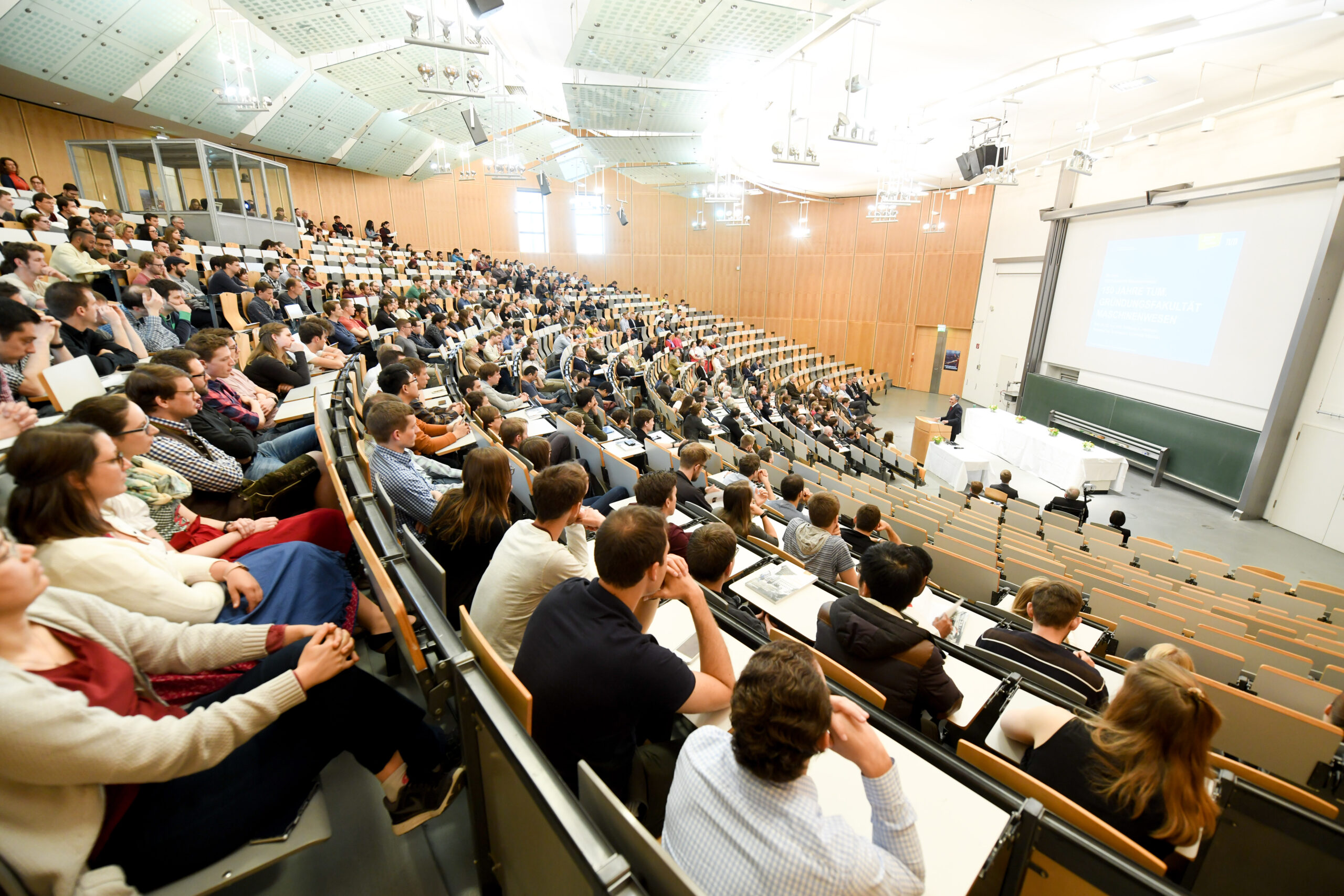
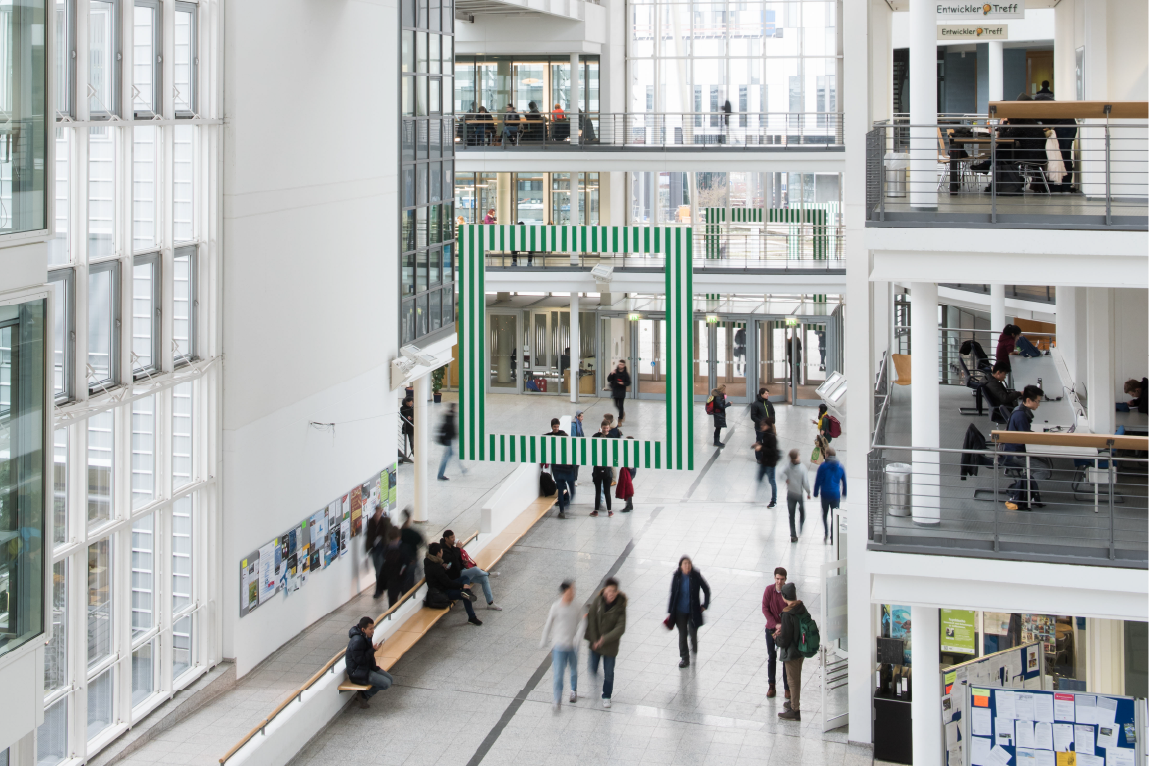
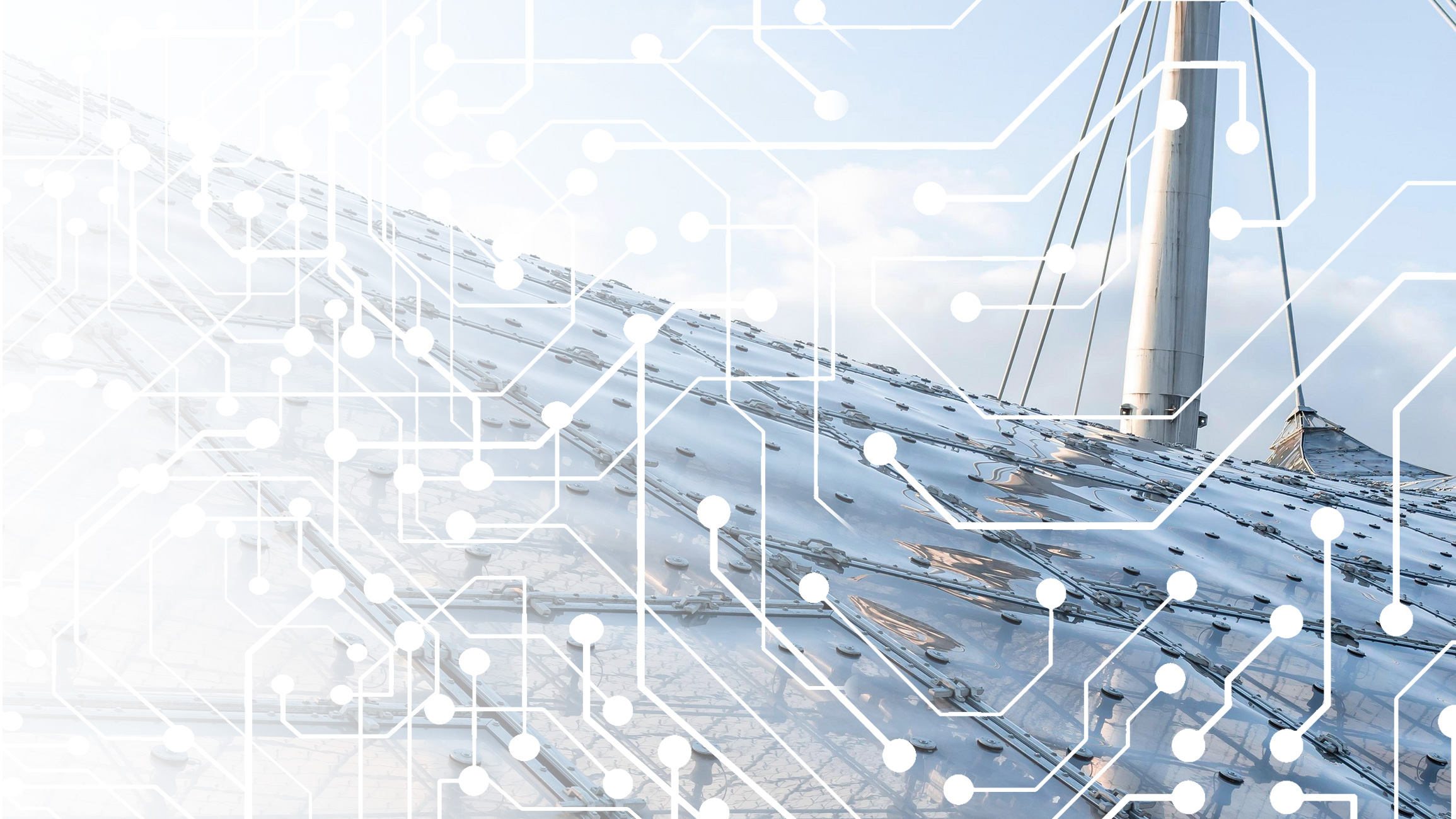
Welcome
Date:
10th September 2024, 8am
(There will be no welcome reception the night before)
Venue:
Auditorium, MW 0001,
Address:
Boltzmannstr. 15, EG
Directions:
Google Maps
Symposium
Date:
10th September 2024, 8:30am – 12th September 2024, 4:30pm
Venue:
Auditorium, MW 0001
Address:
Boltzmannstr. 15, EG
Directions:
Google Maps
Expo Area
Date:
10th September 2024, 8:30am – 12th September 2024, 4:30pm
Venue:
Foyer of MW 0001 (foyer of auditorium where presentations will take place)
Symposium Dinner
Date:
11th September 2024
Venue:
Gasthof Neuwirt
Address:
Münchener Straße 10. 85748 Garching
Directions:
From the symposium venue, take the Ubahn line U6 („Garchingforschungzentrum“) to „Garching“ station (one stop). The dinner venue can easily be reached by foot from there.
All symposium venues are easily reachable by public transport.
Munich has an excellent multi-modal public transport system, including buses, trams, the U-Bahn (subway), and the S-Bahn (suburban trains). Details on the zones, tickets, tariffs, and transportation maps are available from the MVV and MVG (local transport authority) websites and apps. Disruptions and changes are announced regularly on these channels, at stations, and in vehicles.
Tickets can be purchased according to zones at stations, in trams and buses, or as a mobile ticket from the DB, MVV, or MVG apps.
Other nearby hotels in Garching City (one metro station away from the venue) include:
– Hotel Marias Inn Bed & Breakfast
– Hoyacker Hof
– Hotel König Ludwig II
If you prefer staying in the city of Munich, we highly recommend booking a hotel along the U6 metro line. Travel time from the city center to the venue would then be less than 30 minutes.
The Bavarian Alps are easily reachable from Munich and are perfect for a day trip.
For more information on events and entertainment in and around Munich, explore the Munich Tourism website.
Chimay Anumba, University of Florida, USA
Robert Amor, University of Auckland, NZ
Sez Atamturktur Russcher, Clemson University, USA
Burcin Becerik, University of Southern California, USA
Mario Berges, Carnegie Mellon University, USA
Jakob Beetz, RWTH Aachen University, Germany
André Borrmann, TU Munich, Germany
Ioannis Brilakis, University of Cambridge, UK
Eleni Chatzi, ETH Zurich, Switzerland
Genda Chen, Missouri University of Science and Technology, USA
Pieter De Wilde, University of Strathclyde, UK
Martin Fischer, Stanford University, USA
Thomas Froese, University of Victoria, Canada
David Gerber, University of Southern California, USA
Philipp Geyer, University of Hannover, Germany
Branco Glisic, Princeton University, USA
Mani Golparvar Fard, University of Illinois, USA
Carl Haas, University of Waterloo, Canada
Daniel Hall, TU Delft, Netherlands
Deitrich Hartmann, Ruhr-Universität Bochum, Germany
Timo Hartmann, TU Berlin, Germany
Shang-Hsien (Patrick) Hsieh, National Taiwan University, Taiwan
Jonas Jörin, ETHZ, SEC, CREATE, Singapore
Christian Koch, Bauhaus University Weimar, Germany
Chan Ghee Koh, National University of Singapore, Singapore
Markus König, Ruhr-Universität Bochum, Germany
Iva Kovacic, TU Vienna, Austria
Prakash Kripakaran, University of Exeter, UK
Bimal Kumal, University of Strathclyde, UK
Kincho Law, Stanford University
Fernanda Leite, UT Austin, USA
Haijiang Li, Cardiff University, UK
Udo Meissner, TU Darmstadt, Germany
John Messner, Penn State University, USA
Hai Young Noh, Stanford University, USA
William O’Brien, UT Austin, USA
Stephanie Paal, Texas A&M University, USA
Pieter Pauwels, TU Eindhoven, Netherlands
Feniosky Pena-Mora, Columbia University, USA
Frank Petzold, TU Munich, Germany
Matteo Pozzi, Carnegie Mellon University, USA
Ernst Rank, TU Munich, Germany
Benny Raphael, IIT Madras, India
Raphael Sacks, Technion, Israel
Kristina Shea, ETH Zurich, Switzerland
Kay Smarsly, TU Hamburg, Germany
Lucio Soibelman, University of Southern California, USA
Daniel Straub, TU Munich, Germany
Georg Suter, TU Vienna, Austria
Ann Sychterz, University of Illinois Urbana-Champagne, USA
Jochen Teizer, TU Denmark
Walid Tinzani, University of Nottingham, UK
Xiangyu Wang, Curtin University in Perth, Australia
Nobuyoshi Yabuki, Osaka University, Japan
Justin Yeoh, National University of Singapore, Singapore
Ernst Rank, TUM
Christos Chantzaras, TUM Venture Lab BE
Tobias Förtsch, TUM Venture Lab BE
Dafydd Cotoarbă, TUM GNI
José Quesada Allerhand, TUM GNI
Sarah Mühlhaus, TUM GNI
The TUM GNI is a flagship centre for academic research, teaching and knowledge transfer to society. Research fields include artificial intelligence, machine learning, data-centred engineering and related data and knowledge-based technologies. We concentrate on applications in architecture, engineering, construction, operate & management in the built environment (AECOM). The Institute thus develops and promotes a new generation of technologies with strategic importance for digital sciences in general and AECOM industries in particular. It contributes to solving the grand societal challenges of the environment, climate, information & communications, mobility & infrastructure. Taking advantage of big data, extracting information by data analytics, creating insight from machine learning as well as representing and reasoning with knowledge, „AI for the Built World“ focuses on the creation of efficient technologies for supporting important aspects of AECOM decision-making. The institute publicly marked its foundation with the Kickoff Symposium in April 2021.
Founded in 2021, the institute is funded through the generous donation by the Nemetschek Innovation Foundation.

